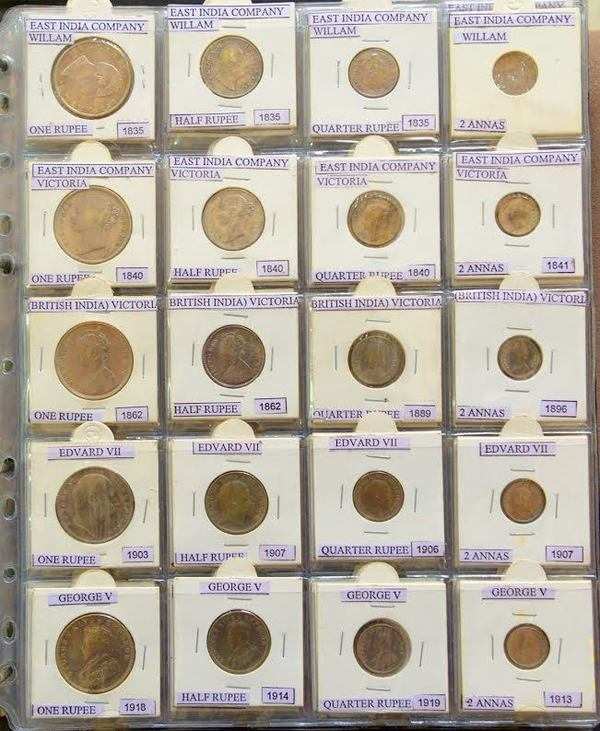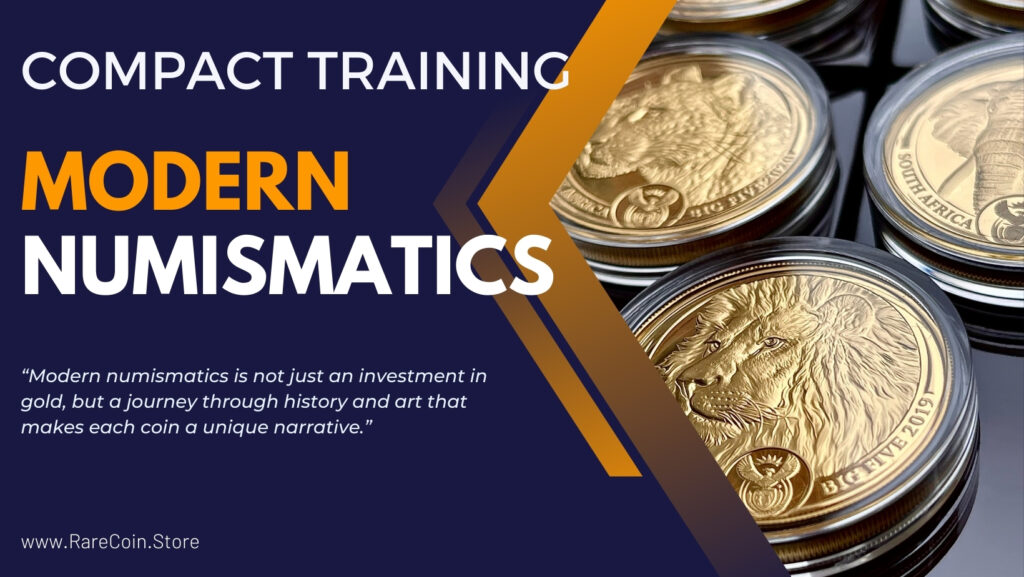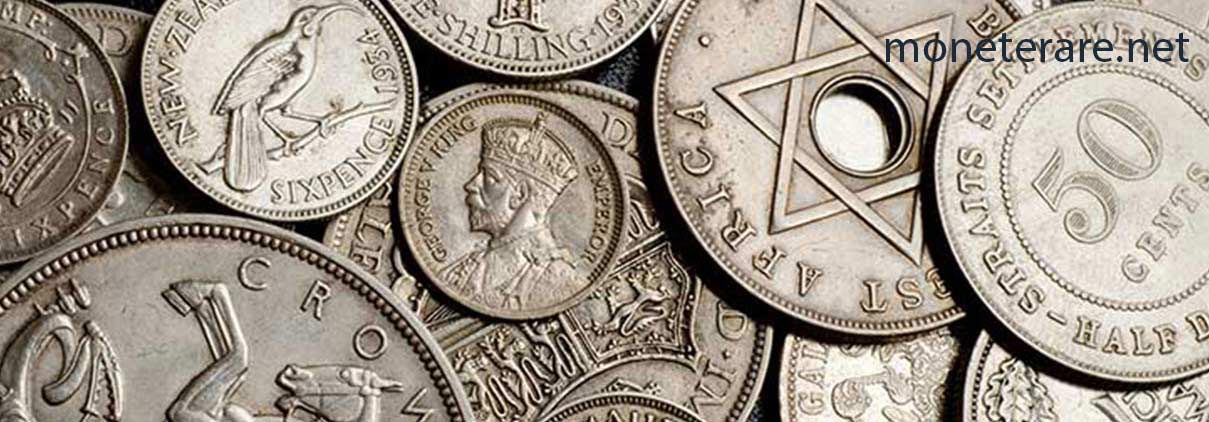Top Reasons To Picking Authenticity And Coin Pressing
Wiki Article
How Can I Find Out More About Numismatics In Relation To Regional And Global Associations By Using An Online Database?
Conducting research on numismatics related to regional and global associations involves using databases that store information about the numismatic community, conferences, publications, and collaborative projects. This is a structured method for conducting such research. Additionally academic databases and repositories like JSTOR can provide access to scholarly papers and conference proceedings.
Define Research Focus: Specify your research objectives. Do you have a desire to exploring the history and activities of international numismatic associations or conferences, regional collaborations, publications, or particular numismatic topics discussed within these organizations? Make sure you know what your goal is to help aid your research.
Search Strategy: Use keywords such as "numismatic associations", "global numismatics", or "regional numismatic societies," if appropriate. You can also add the names of particular groups or regions. Filter results using advanced search options. This could include filtering by date, document type such as conference papers and association newsletters, or geographical coverage.
Data collection: Get information about the members' mission, their history publications and activities of organizations from across the globe and in regional regions. Find out about past and future workshops, conferences, as well as collaborative research projects. Look through databases that include member of the association, their leadership, as well as contact details.
Analysis: Examine the data to comprehend the role and impact of both regional and global numismatic associations. Examine how these organizations contribute to the advancement of numismatic research, promote international collaborations and propagate research through publications and conferences.
Cross-Referencing Verify your findings using data from multiple databases and sources. Comparing the initiatives and activities of different organizations will give you a greater comprehension of the global and regional numismatic developments.
Documentation. Document your findings from research, citing every source and listing the method you employed. Keep track of the specifics of the databases you visited as well as the search terms you utilized and the relevance each resource has to your research.
Numismatic Associations are always evolving. New publications, conferences, and collaborative projects are launched regularly. To stay up to date on the latest developments in global and regional numismatics, keep a close eye on associations' websites and databases.
These steps will enable you to use databases effectively to explore numismatics as it pertains to global and regional organisations. This method permits a thorough examination of the organization structure as well as the academic efforts and the collaborative efforts that have helped shape the numismatics industry on a regional and global scale. See the top copyright detection for website info including peso, banknote grading, slovak coins, coin release, circulated, coin society, nickel, mint, peso, czech coins and more.

How Can I Search Numismatics For Shows And Exhibitions Events By Using An Online Database?
Finding out about numismatics related to show and exhibition events is done by using databases that record details about numismatic shows, shows, conferences and other similar events. It is a method that is structured for conducting such research. Websites of major numismatic associations such as the American Numismatic Association, online platforms that list international numismatic exhibitions and museums archives are a few examples.
Define Research Focus: Specify your research objectives. Are you looking to learn more about future numismatic or past exhibitions Are you interested in conferences focusing on Numismatics or regional coin shows? Thematic exhibits or education events. Clarify the focus of your search.
Search Strategy: Choose specific keywords such as "numismatic exhibitions" "coin show," or "numismatic activities," as well as the names of events, their locations and thematic emphasis if relevant. Make use of advanced search features to sort results based on date, event type (such as exhibitions, conferences) and geographical region.
Data collection: Find out on upcoming or previous exhibitions and numismatic events. Find out information about the event, such as dates, locations organizers, themes or specific collections that are featured, as well as participating exhibitors, and associated catalogues or publications. Find databases with virtual tours, or access to digital exhibition materials.
Analyze: Analyze your data to discover the themes, educational objectives and prevailing trends in numismatic shows and events. Examine how different shows and exhibitions contribute to the public's awareness of numismatics. encourage exchange of knowledge and display important collections.
Cross-Referencing. Check that your information is true by comparing it with other databases, listing of events, and official websites. This ensures accuracy and completeness of your research. This also provides a global overview of the activities of numismatic exhibits.
Documentation. Record your research findings by citing sources, and recording any methodology you employed. Note the details of the databases accessed, keywords used to search, and the importance of each source to your research needs.
Stay Up-to-date: Numismatic events are always changing and new exhibitions, shows, and conferences regularly scheduled. Updates from the numismatic associations organizers, event planners, as well as databases that are specialized are the best way to stay informed about upcoming events.
Databases can be used to research numismatics that are associated with exhibitions, shows and other events using these steps. This method allows for a thorough investigation of the variety and educational value of numismatic exhibitions and events across the globe. Check out the best additional hints about proof for site tips including banknote magazine, currency collecting, forint, banknote identification, coin club, banknote printing, copyright, coin holder, banknote design, coin forum and more.

How Do I Use An Online Database For Research On Numismatics In Relation To Historians And Researchers
For conducting such research, here's a systematic procedure: Database selection Choose databases that specialize in the field of numismatics, historical archives, journals of academic research and institutional repositories. This is a structured method to conduct such research. JSTOR is one example, but there are as well Google Scholar, numismatic publications (like American Numismatic Society journals) and university database.
Define Research Focus: Specify your research objectives. Are you keen to know the historical contexts that shaped items of numismatic value, the methodology of numismatic scholars, the specific topics of numismatic study by historians, or the contributions made by researchers to the field of numismatics? Clarify the focus of your search.
Search Strategy: Choose specific keywords such as "numismatics,""numismatic analysis,""historical coins" including any historic periods, regions, or numismatic theme if appropriate. Utilize advanced search options to filter results based on the kind of document, date (such as dissertations or articles) and author affiliation and the type of document.
Data collection: Search for data from scholarly journals, research papers, archives of historical significance and other sources related to Numismatics. Collect information such as publications' titles, authors' names abstracts, methods used, and the historical contexts analyzed. Search databases for digitized collections of numismatics or research access.
Analysis: Analyze your data in order to identify the interpretations and methodologies employed by researchers, historians and other numismatic experts. Analyze how numismatics are a part of larger historical narratives. Examine and compare the findings of different researchers on numismatics.
Cross-Referencing Validate your results by cross-referencing data from various databases and academic journals. This will ensure accuracy and thoroughness in your research and provides an extensive view of academic contributions to Numismatics.
Documentation: Document systematically your findings, noting the sources you consulted and describing the methods that were employed. Keep track of the specifics of the databases you visited, the search terms employed and the significance each resource has to your research question.
Stay updated. The academic literature and research in numismatics are always changing. Stay current by monitoring updates from journals of academic quality, numismatic societies and institutional repositories for the latest research findings and techniques in numismatic research.
Use these guidelines to utilize databases effectively to explore numismatics with historians and other scholars. This method allows for an in-depth study of the methodologies, historical interpretations and scholarly works that influence the understanding of numismatic artifacts within larger cultural and historical contexts. Have a look at the top do you agree on legal tender for website recommendations including numismatic investment, pound, coin magazine, rial, coin appraisal, banknote production, euro, coin production, krona, currency catalog and more.

What Can I Do To Research Numismatics Using A Database In Online Forums And Communities?
Researching numismatics with regards to online forums and communities requires making use of platforms that let collectors as well as enthusiasts and experts exchange information as they discuss current trends and present collections. Here's a systematic method to carry out this research. There are forums like CoinTalk as well as Reddit's R/Coins. There are also numismatic groups on social media websites like Facebook or LinkedIn.
Define Research Focus: Specify your research objectives. Are you interested in understanding current trends in collecting, analyzing specific kinds of coins or historical periods, obtaining advice on authentication and grading, or interacting with experts in specific areas of Numismatics? Make clear your objectives to help you find the right answer.
Search Strategy: Make use of keywords relevant to the subject of your interest, including "numismatic forum,"" "coin collecting community,"" "online discussions on the subject of numismatics" and other keywords that relate to specific topics (ancient coins or modern coins) or keywords that relate to the topic of your study. Utilize the search function within each platform to locate relevant threads and discussion forums.
Data Collection: Access the data contained in threads, discussions or articles on online forums. Find out information about collecting strategies coins, coin identification strategies, market trends, personal experiences with numismatic discoveries, and discussion on the aspects of culture or history that relate to coinage.
Analysis: Analyze and understand the opinions of members of the numismatic online communities. Examine the degree of knowledge, consensus, and quality of discussions among members to evaluate the information.
Cross-Referencing - Check the validity of your findings by comparing information from multiple forums and communities. Review the information on various platforms to get more perspective on collecting trends and market sentiments.
Documentation. Record your findings by consistently citing threads or discussions and contributing authors as needed. Keep track of key insights, trends and the opinions that are shared in the online forums and communities.
Be involved Engage in the Discussions: Ask questions and join in discussions to gain knowledge and create connections with fellow members of the numismatic community. Stay up-to-date with new threads. Responses, and announcements to keep up-to-date with current discussion and trends.
If you follow these steps, you can effectively use online forums and communities to conduct research in numismatics. This approach lets you tap into the wisdom and experiences of many specialists and collectors offering valuable information and perspectives about various aspects of collecting coins, identifying them, and understanding them. View the best banknote collection for blog tips including nickel, mint, banknote grading, half-dollar, bullion coins, coin album, banknote magazine, uncirculated coins, franc, banknote certification and more.

How Do I Confirm And Update My Data In A Database Used For Numismatics Research?
For conducting such research, follow this organized method: Here is a guideline for conducting such research. Selecting a Database: Choose databases that are proven to be reliable and credible with regard to their numismatic information. For instance, numismatic auction databases (such Stack's Bowers Galleries and Heritage Auctions), online catalogs of coins (such Numista CoinArchives), the numismatic association database, reliable dealer websites, etc.
Define Research Focus: Specify your research objectives. You may be looking to verify details (such as the weight and metal composition of coins), historical details (minting period, mint mark) as well as market prices (prices in auctions) or trends in collecting. Make sure you know what you are looking for to guide your lookup.
Use specific words such as historical periods, coins types to help limit your search. Use the search function to filter your results by source, date, and coin attributes.
Data Collection: Search and verify the accuracy of information about numismatics from trusted sources. Through auctions and catalog entries collect information like coin images, descriptions and historical background, prices, and the provenance.
Verification Process: Verify the accuracy and reliability of data by cross-referencing data across various databases, and by comparing information from various sources (auction houses, catalogs numismatic societies). Verify coin specs against the most common references, such as the official book on grading coins or mint record to ensure the accuracy.
Updates: Keep an eye on databases for updates on numismatic data. Stay informed about the latest discoveries of coins as well as market value updates. Also, stay up-to-date on any changes to historical attributions. Subscribe to the newsletters of numismatic platforms and alerts for the latest information.
Analysis: Analyze data verified to provide insight into features of coins, their significance historically and market trends. Take into consideration the implications of updating information for your numismatic or collection research.
Documentation. Document your findings using sources and indicating the method you used to verify the accuracy of your findings. Keep track of any changes to market values as well as any changes to information.
These steps will assist you research numismatics effectively including data updates as well as verification. This will ensure that you have access to reliable and current information, which is essential for making educated decisions about coin collecting, research and investment. Take a look at the recommended engraving for website recommendations including coin, banknote printing, banknote printing, currency, zloty, banknote grading, banknote club, coin forum, rial, copyright detection and more.
